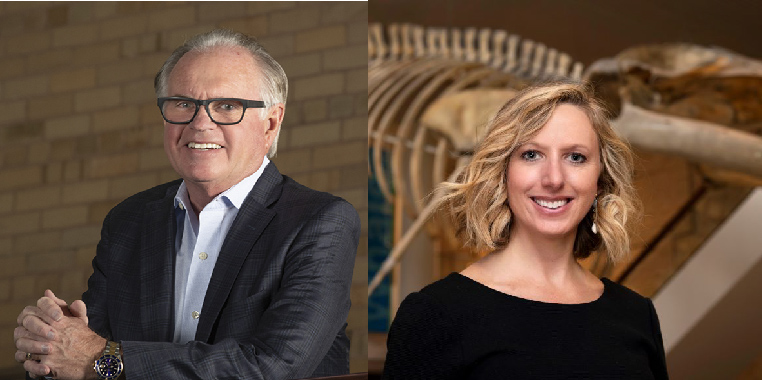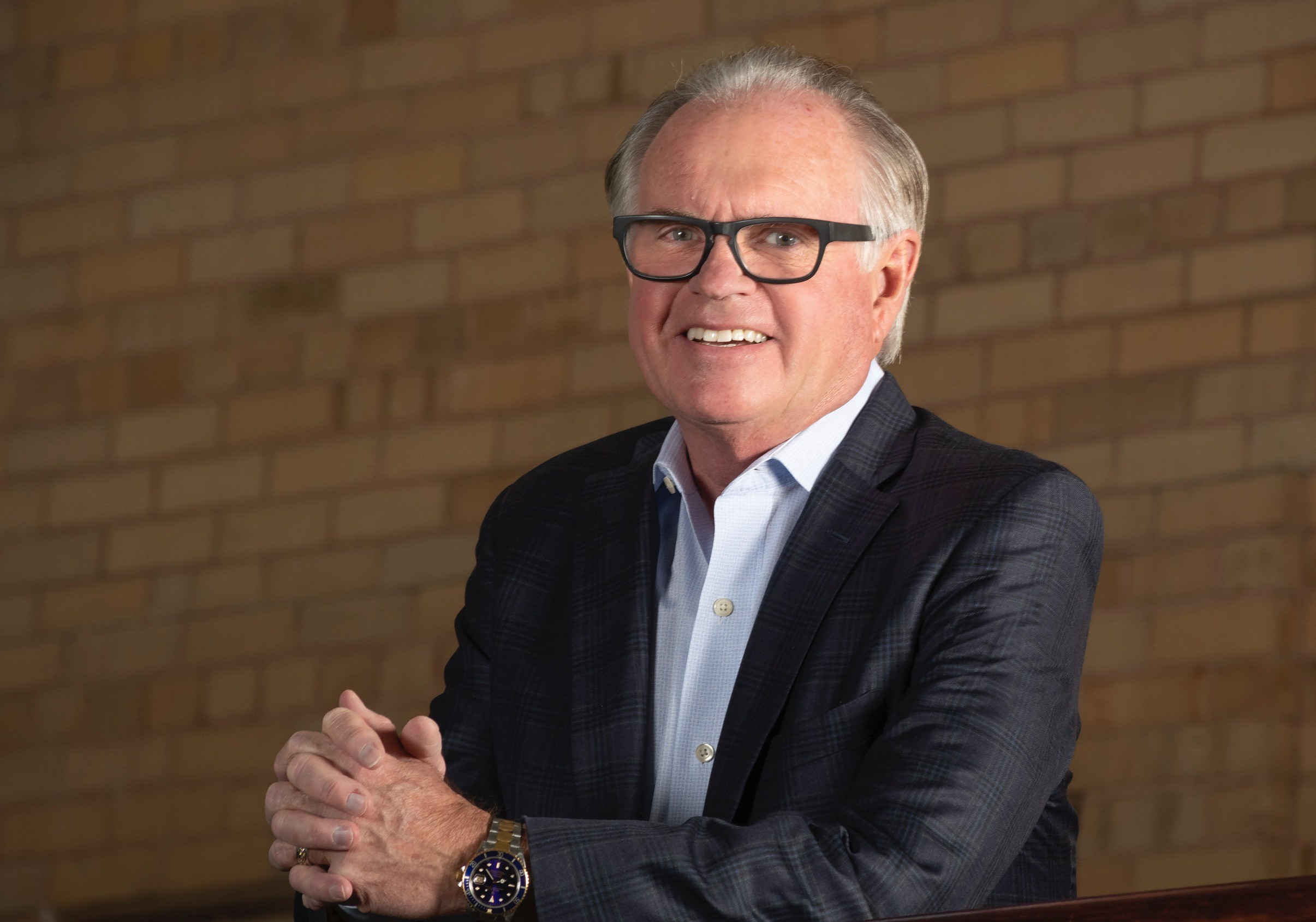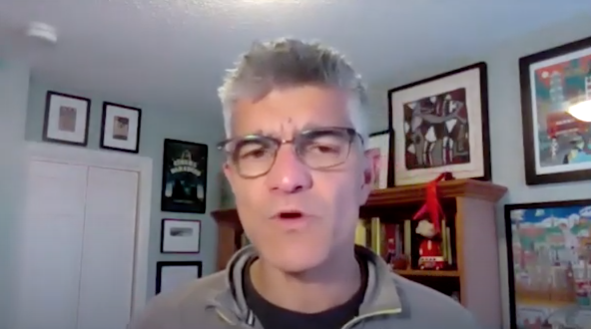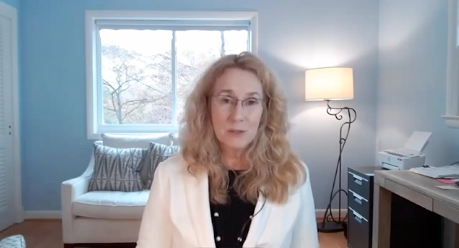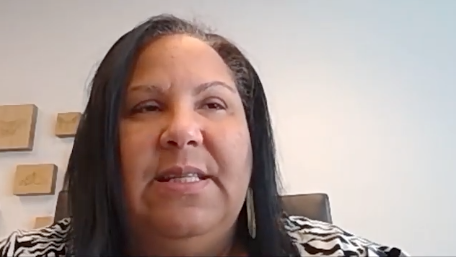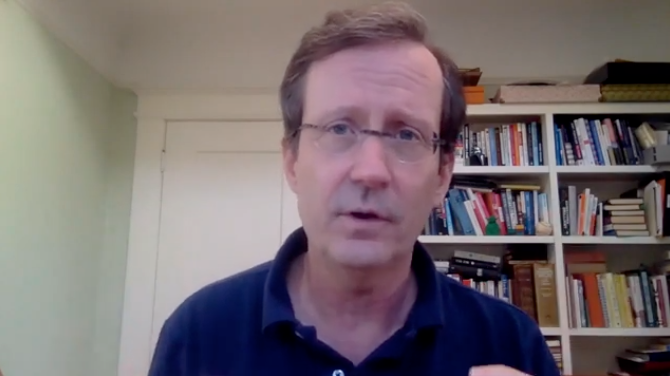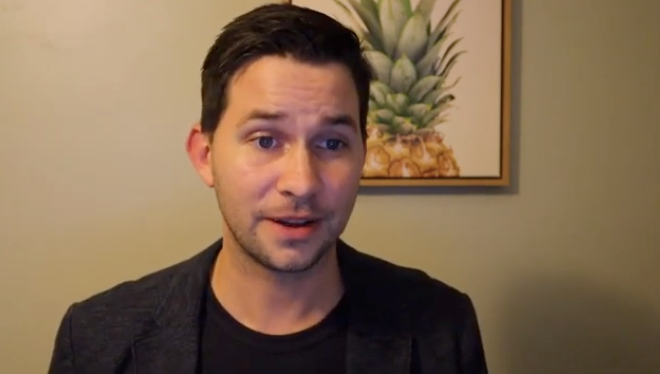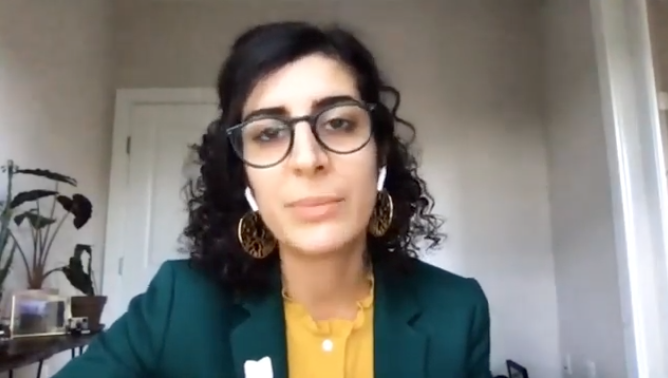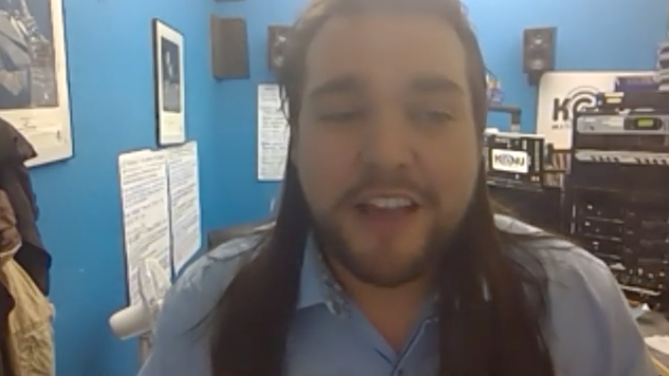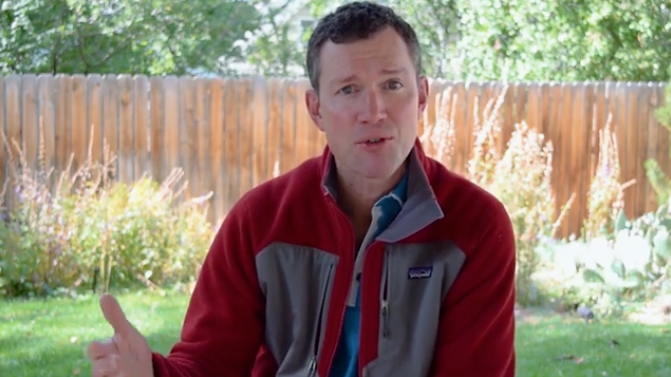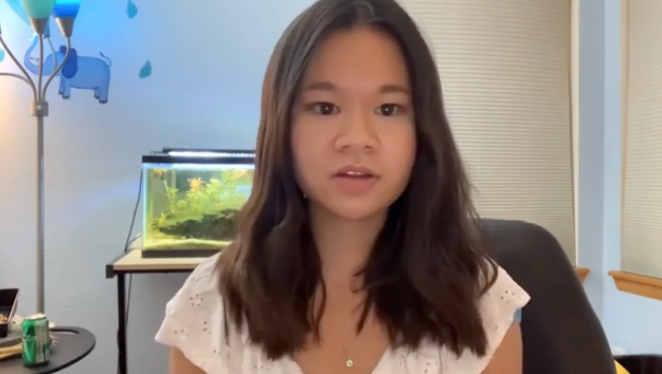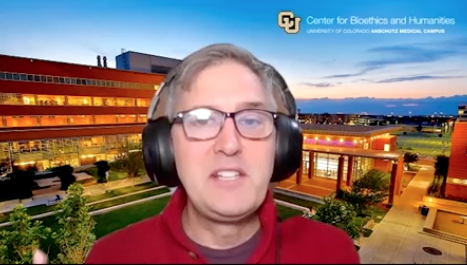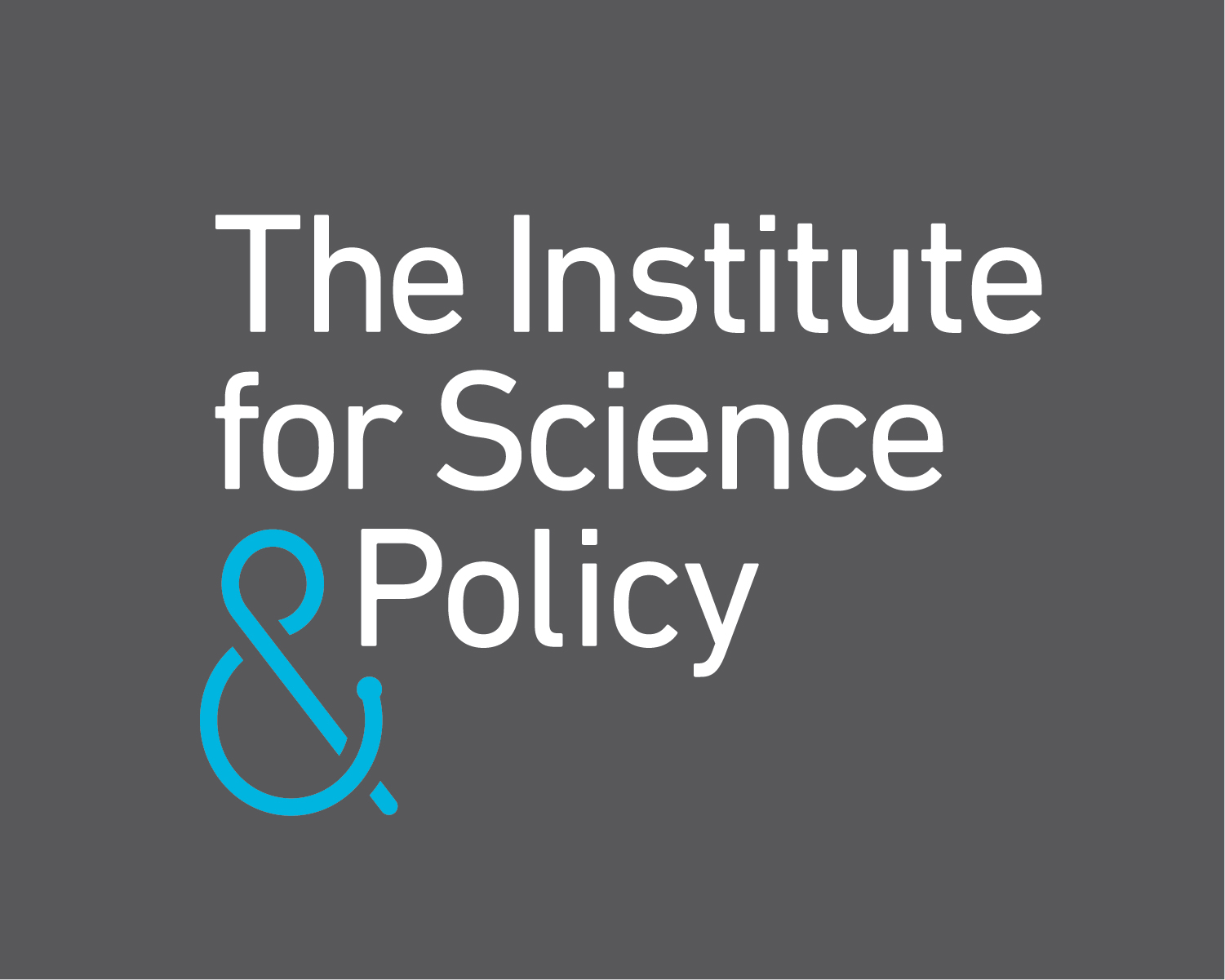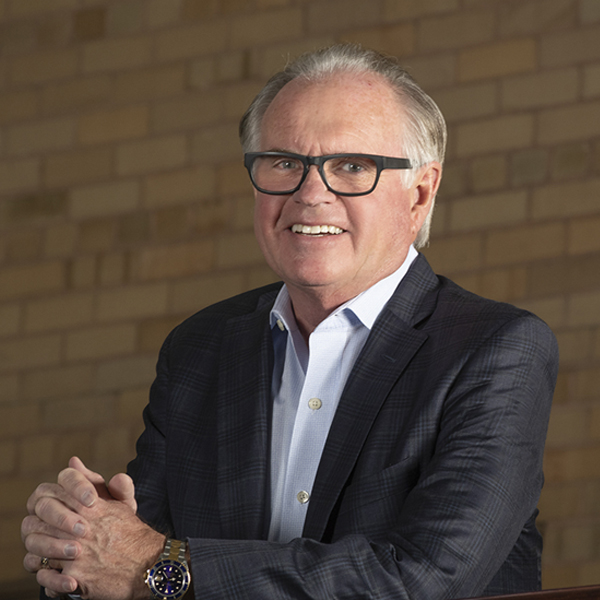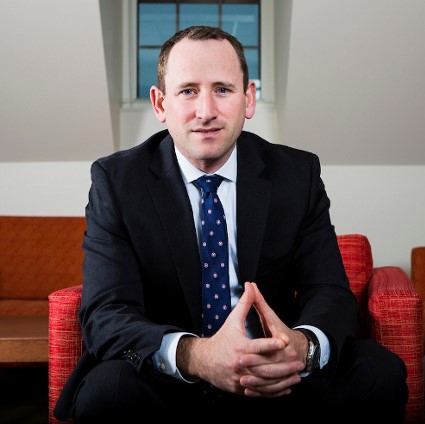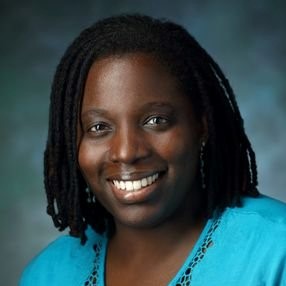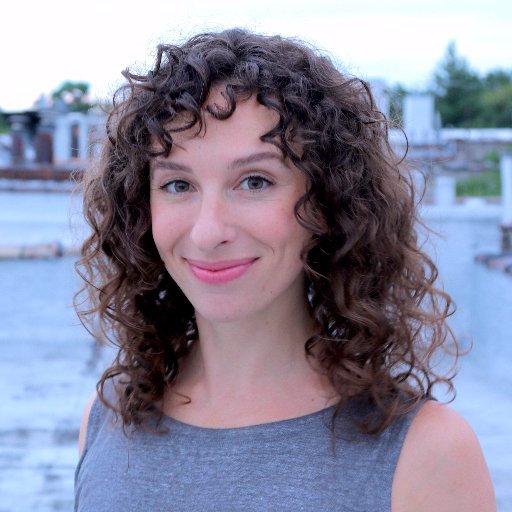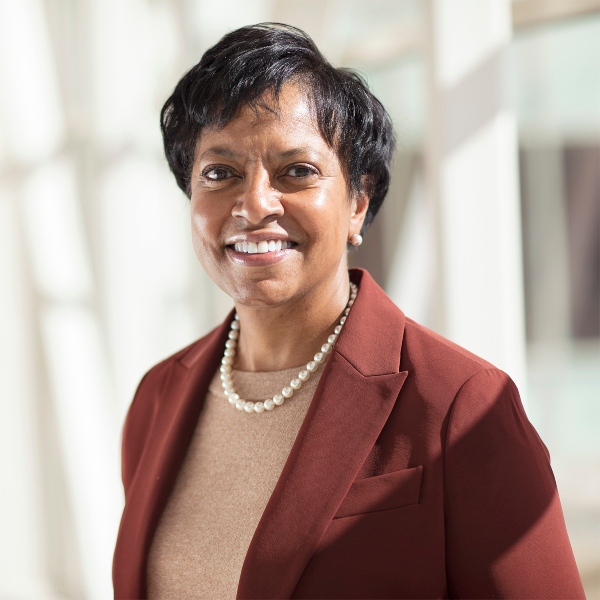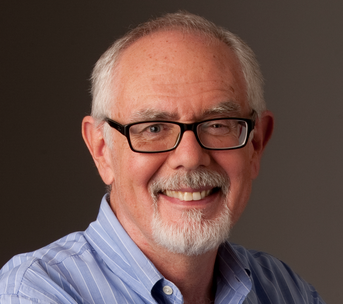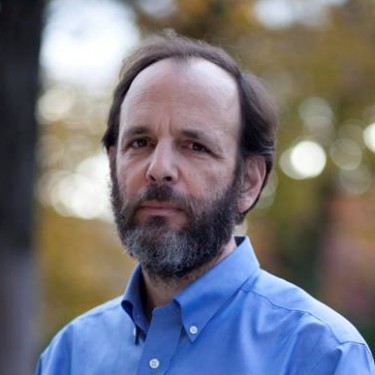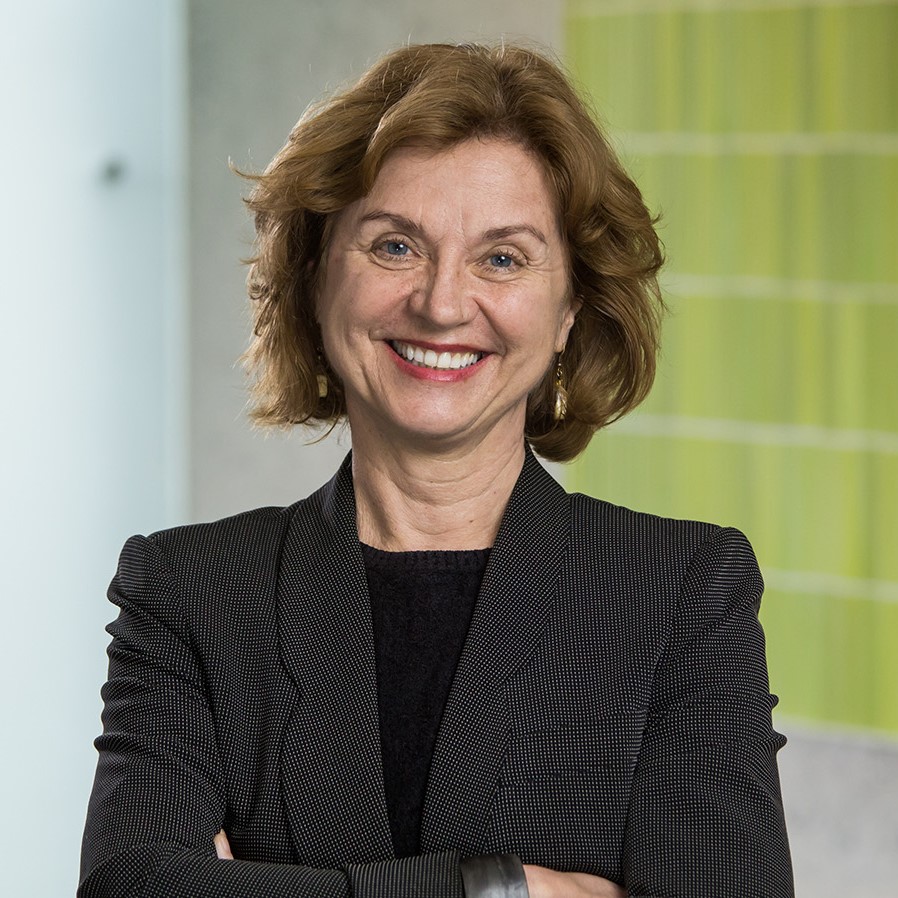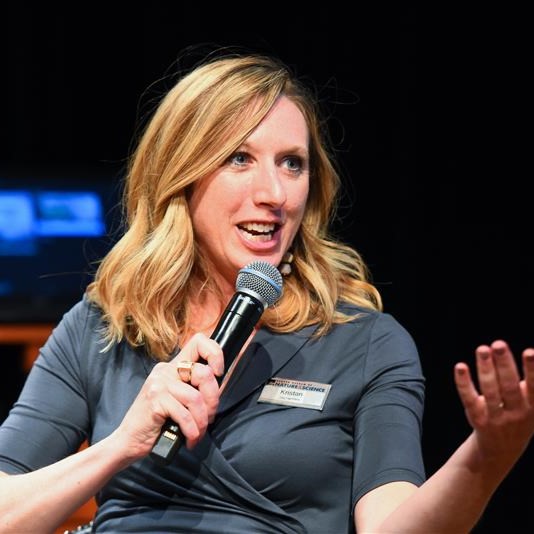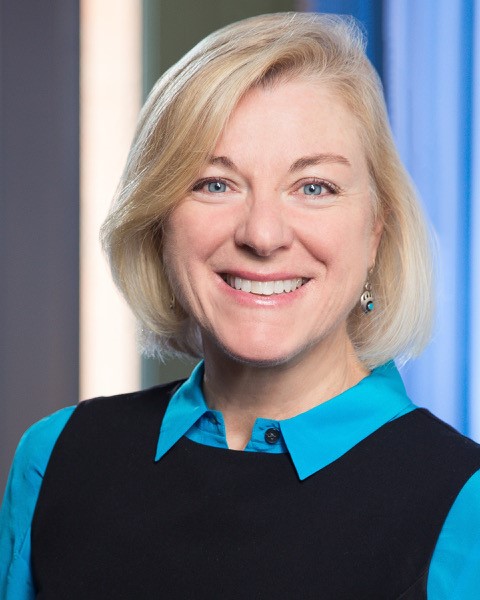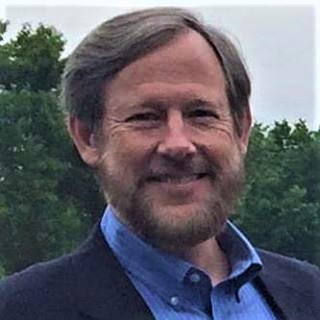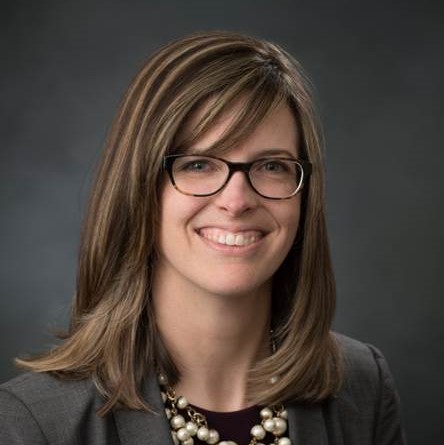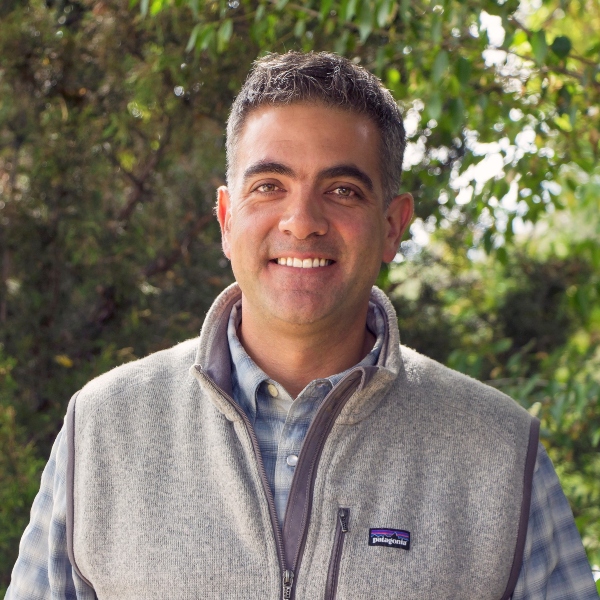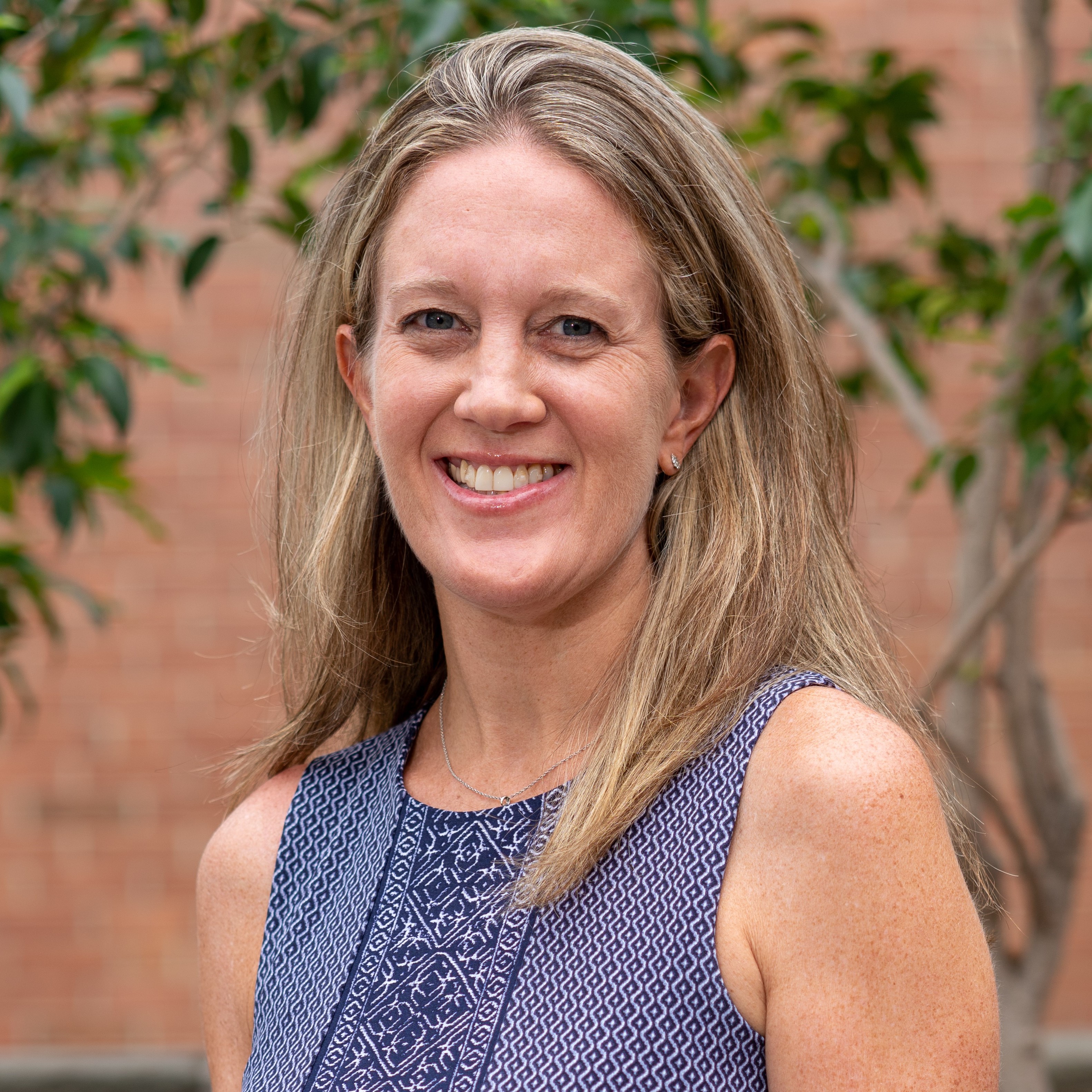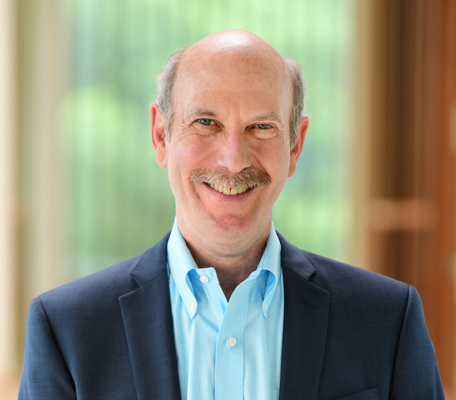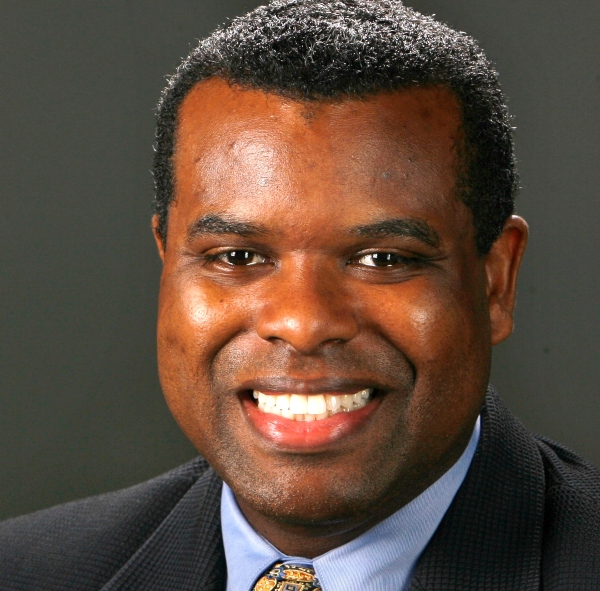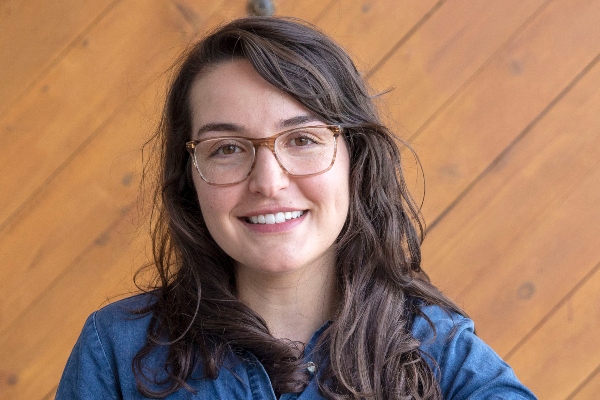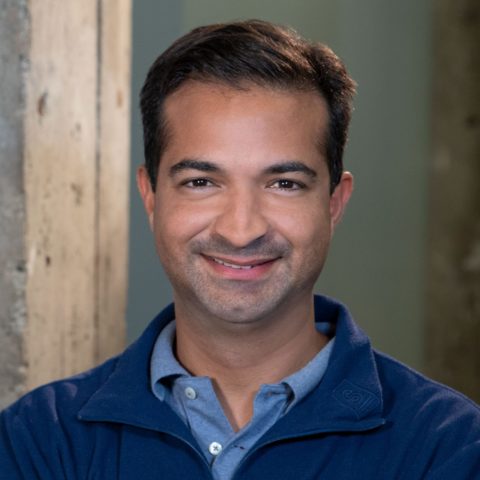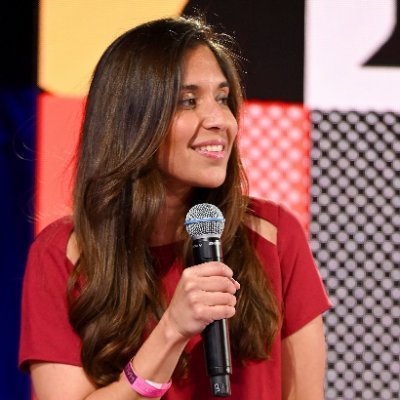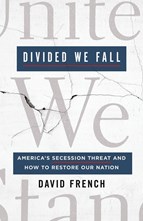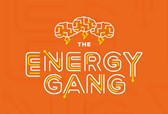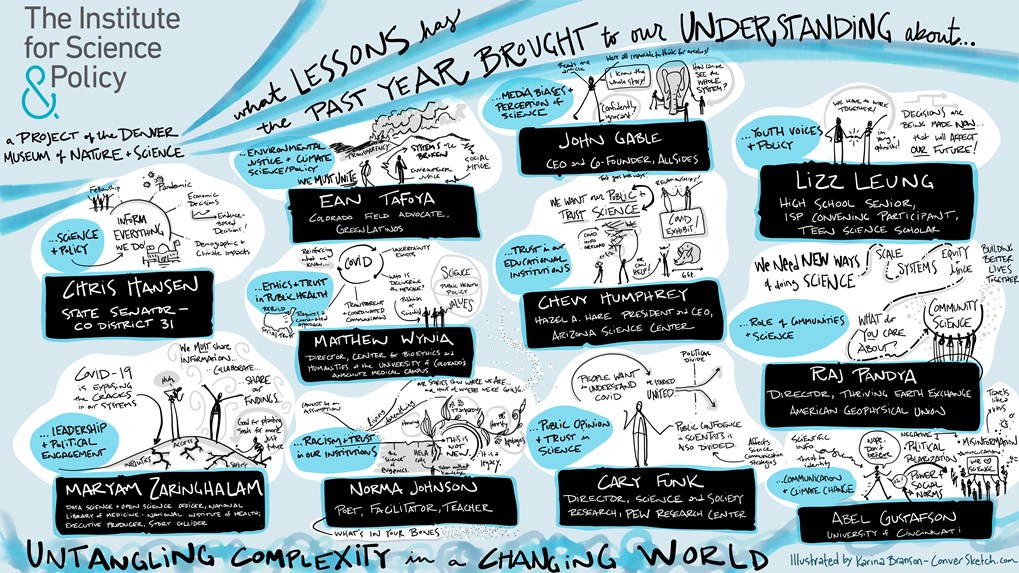Symposium 2020
Untangling Complexity in Our Changing World
December 1 & 3, 2020
Keynote: Human Responses to the Dual Challenges of COVID-19 and the Climate Crisis
How does human decision-making play into our collective response to climate change? To conclude Day One of the 2020 Institute for Science & Policy Symposium, we heard remarks from Dr. Elke U. Weber, the Gerhard R. Andlinger Professor in Energy and the Environment and Professor of Psychology and Public Affairs at Princeton University.
Keynote: Bipartisanship and Durable Climate Change Solutions
Partisanship and polarization have contributed to stalling U.S. efforts to counteract climate change. Will the incoming administration be able to work with Congress on consensus solutions? In our closing keynote of Symposium 2020, former U.S. Representative Carlos Curbelo, who represented his South Florida district from 2015-2019, chatted with Zahra Hirji, Climate Reporter for BuzzFeed News, about the path forward.
Symposium 2020 Panels
Lessons on Science, Trust, Human Nature, and Policy
Much as we might believe that we always think and act rationally, human beings make decisions based on many factors: values, biases, trust (or mistrust) in institutions, and the information landscape all play a role. In this panel, Corey Flintoff (retired NPR international correspondent) moderates a discussion with Jandel Allen-Davis (President & CEO of Craig Hospital) and Daniel Sarewitz, Co-Director of the Consortium for Science, Policy & Outcomes at Arizona State University.
Biases, Uncertainty, Power, and Inequities in Science & Policy
Power and trust are two of the most important elements that shape public policy. And when it comes to how we interact with each other about issues involving science, whom are we listening to and why? Scientific American Senior Editor Jen Schwartz leads this fascinating discussion with Eitan Hersh (Associate Professor of Political Science at Tufts University) and Nneka Sederstrom (Director, Office of Clinical Ethics, Children's Minnesota).
The Role of Science in Climate & Energy Policy
The complex challenge of addressing climate change requires buy-in from a number of stakeholders, from communities to utilities to corporations to policymakers. Where does science fit in? Carlos E. Fernandez, State Director of The Nature Conservancy in Colorado, hosted a discussion on the issue with Katherine Hamilton (Chair of 38 North Solutions), Karl Hausker (Senior Fellow at the World Resources Institute), and Alice K. Jackson (President of Xcel Energy - Colorado).
How Can We Be Better Communicators About Science When Misinformation Abounds?
Communicating accurate scientific information has never been more important, as evidenced by the COVID-19 pandemic and climate change. But in an age of misinformation, disinformation, and polarization, how can journalists and scientists get their message through? Michael Elizabeth Sakas, Climate and Environment Reporter for Colorado Public Radio News, breaks it down with Lauren Feldman (Associate Professor, Department of Journalism & Media Studies at Rutgers University), Alan C. Miller (Founder and CEO of the News Literacy Project) and Ivan Penn (Energy Reporter at The New York Times).
Day Two Welcome Remarks w/ George Sparks and Kristan Uhlenbrock
George Sparks, President & CEO of the Denver Museum of Nature & Science, and Kristan Uhlenbrock, Director of the Institute for Science & Policy, welcome the audience back to the Symposium and offer their thoughts on themes from Day One as well as their takeaways about the role of trust and values in science.
The Big Questions of 2020
We asked scientists, policymakers, community leaders, business executives, students, and more to reflect on what we’ve learned about science and policy this year. These questions will also help prompt our discussions during this year’s interactive breakout sessions. Check out the videos below and watch for even more on demand content premiering throughout November.
What lessons has this past year brought to our understanding of scientists as it relates to leadership and political engagement? We asked Maryam Zaringhalam, Data Science & Open Science Officer at the National Library of Medicine - National Institute of Health and Executive Producer at the Story Collider for her thoughts.
Special Release: A Conversation on Race, Equality, and Trust w/ Norma Johnson
This year, the question of inequality in American society has come starkly into focus. The COVID-19 pandemic has disproportionately impacted Black, Latino, and Indigenous communities and revealed stark gaps in healthcare access. The murder of George Floyd raised concerns about diversity and inclusivity in the justice system, and prompted all of us - the Institute included - to look inward and address structural inequities in our own organizations.
On this intermission day of Symposium 2020, we'd like to highlight a special recorded conversation with poet, teacher, and facilitator Norma Johnson, who guides us through a new way of thinking about these important topics. "Trust cannot be an assumption, because it is a living breathing relationship between people and cultures," she says. "For trust to grow, there must be transparency and there must be honesty."
We encourage you to watch, listen, reflect, and then share your own thoughts. Norma will join us during breakouts on Thursday, Dec. 3 to lead a small group discussion about race and equality in science and society. On-camera participation in the conversation will be limited to 20 attendees on a first-come, first-serve basis; additional guests may watch in view-only mode.
Thanks for taking part in Symposium 2020. We'll see you tomorrow for Day Two.
Agenda
All times Mountain Standard Time
The Philosophy of Science, Trust, and Human Nature in Shaping Policy (After This Crazy Year)
9:00 a.m.
Welcome Remarks
George Sparks, President/CEO of the Denver Museum of Nature and Science
9:15 a.m.
Panel: How do biases, uncertainty, power, and inequities shape our trust in science and influence policy?
Eitan Hersh, Associate Professor of Political Science at Tufts University
Nneka Sederstrom, Director, Office of Clinical Ethics, Children's Minnesota
Jen Schwartz, Senior Editor, Scientific American
10:15 a.m.
Interactive Breakout Rooms
How to participate in a breakout session
10:45 a.m.
Break
The Institute for Science and Policy
11:00 a.m.
Panel: What lessons has this past year brought to our understanding about science, trust, and human nature and its role in policy?
Jandel Allen-Davis, CEO & President, Craig Hospital
Corey Flintoff, NPR Correspondent (retired)
Daniel Sarewitz, Co-Director, Consortium for Science, Policy & Outcomes at Arizona State University
12:00 p.m.
Keynote: Human Responses to the Dual Challenges of COVID-19 and the Climate Crisis
Elke U. Weber, Gerhard R. Andlinger Professor in Energy and the Environment Professor of Psychology and Public Affairs, Princeton University
1:00 p.m.
Virtual Networking Hour
The Institute for Science and Policy
All times Mountain Standard Time
A View Ahead: How Should We Be Thinking About the Role of Science in Climate Change in Light of This Past Year?
8:30 a.m.
Virtual Coffee Hour & Networking
The Institute for Science and Policy
9:00 a.m.
Welcome and Day One Recap
George Sparks, President/CEO of the Denver Museum of Nature and Science
Kristan Uhlenbrock, Executive Director, Institute for Science & Policy
9:15 a.m.
Panel: What are some lessons from 2020 that have shaped your view on the role of science in shaping climate change policy and a path forward?
Katherine Hamilton, Chair of 38 North Solutions
Karl Hausker, Senior Fellow, World Resources Institute
Alice K. Jackson, President of Xcel Energy - Colorado
Carlos E. Fernandez, State Director of The Nature Conservancy, Colorado Chapter
10:15 a.m.
Interactive Breakout Rooms
How to participate in a breakout session
10:45 a.m.
Break
The Institute for Science and Policy
11:00 a.m.
Panel: How can we be better communicators about science/climate when misinformation abounds?
Lauren Feldman, Associate Professor, Department of Journalism & Media Studies at Rutgers University
Alan C. Miller, Founder and CEO of the News Literacy Project
Ivan Penn, Energy Reporter at The New York Times
Michael Elizabeth Sakas, Climate and environment reporter for Colorado Public Radio News
12:00 p.m.
Keynote: What lessons has this past year brought to our understanding about how to work across political divides to create durable climate solutions?
Carlos Curbelo, Principal at Vocero LLC and former U.S. Congressman (FL-26)
Zahra Hirji, Science Reporter, BuzzFeed News
12:45 p.m.
Closing Remarks & Acknowledgments
Kristan Uhlenbrock, Executive Director, Institute for Science & Policy
A selection of recommended reading and listening materials from our 2020 panelists.
Apollo's Arrow & Divided We Fall
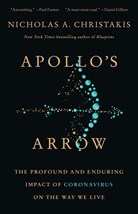 "If you can only read one book about COVID-19, make it Apollo’s Arrow," writes George Sparks, President & CEO of the Denver Museum of Nature & Science. "Dr. Nicholas Christakis takes you on a journey from the genesis of the virus to the early spread, including names and places. It goes into the science behind this virus, as well as the long history of pandemics, and the likely long term changes that we will see to our society."
"If you can only read one book about COVID-19, make it Apollo’s Arrow," writes George Sparks, President & CEO of the Denver Museum of Nature & Science. "Dr. Nicholas Christakis takes you on a journey from the genesis of the virus to the early spread, including names and places. It goes into the science behind this virus, as well as the long history of pandemics, and the likely long term changes that we will see to our society."
He also recommends Divided We Fall: "David French is a conservative evangelical who sees the division in our country as an existential threat to our union. These divisions exist around science, social values, and pretty much everything else. He paints two potential scenarios of fracture, but also offers ideas on how to bring us back together through empathy, openness, and lots of hard work. He has become one of my favorite thought leaders for civic mindedness."
George Sparks, President/CEO of the Denver Museum of Nature and Science
How to Know What to Trust
 News Literacy Project Founder and CEO Alan C. Miller provides ways to get connected to news literacy education opportunities, more about the Project, and a primer on “How to Know What To Trust” in today’s fraught digital information landscape.
News Literacy Project Founder and CEO Alan C. Miller provides ways to get connected to news literacy education opportunities, more about the Project, and a primer on “How to Know What To Trust” in today’s fraught digital information landscape.
Alan C. Miller, Founder and CEO of the News Literacy Project
Politics Is for Power: How to Move Beyond Political Hobbyism, Take Action, and Make Real Change
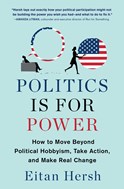 Who is to blame for our broken politics? The uncomfortable answer to this question starts with ordinary citizens with good intentions. We vote (sometimes) and occasionally sign a petition or attend a rally. But we mainly “engage” by consuming politics as if it’s a sport or a hobby. In Politics Is for Power, Eitan Hersh shows us a way toward more effective political participation. Aided by political theory, history, cutting-edge social science, as well as remarkable stories of ordinary citizens who got off their couches and took political power seriously, this book shows us how to channel our energy away from political hobbyism and toward empowering our values.
Who is to blame for our broken politics? The uncomfortable answer to this question starts with ordinary citizens with good intentions. We vote (sometimes) and occasionally sign a petition or attend a rally. But we mainly “engage” by consuming politics as if it’s a sport or a hobby. In Politics Is for Power, Eitan Hersh shows us a way toward more effective political participation. Aided by political theory, history, cutting-edge social science, as well as remarkable stories of ordinary citizens who got off their couches and took political power seriously, this book shows us how to channel our energy away from political hobbyism and toward empowering our values.
Eitan Hersh, Associate Professor of Political Science at Tufts University
A Comedian and an Activist Walk into a Bar
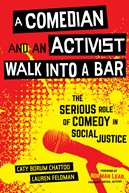 Comedy is an underutilized tool in communicating serious public policy topics, argue co-authors Lauren Feldman and Caty Borum Chattoo in their new book A Comedian and an Activist Walk Into a Bar: The Serious Role of Comedy in Social Justice. Through rich case studies, audience research, and interviews with comedians and social justice leaders and strategists, the authors examine how comedy – both in the entertainment marketplace and as cultural strategy – can engage audiences with issues such as global poverty, climate change, immigration, and sexual assault, and how activists work with comedy to reach and empower publics in the networked, participatory digital media age.
Comedy is an underutilized tool in communicating serious public policy topics, argue co-authors Lauren Feldman and Caty Borum Chattoo in their new book A Comedian and an Activist Walk Into a Bar: The Serious Role of Comedy in Social Justice. Through rich case studies, audience research, and interviews with comedians and social justice leaders and strategists, the authors examine how comedy – both in the entertainment marketplace and as cultural strategy – can engage audiences with issues such as global poverty, climate change, immigration, and sexual assault, and how activists work with comedy to reach and empower publics in the networked, participatory digital media age.
Lauren Feldman, Associate Professor, Department of Journalism & Media Studies at Rutgers University
Everyone Is an Agent in the New Information Warfare (Scientific American)
 Scientific American senior editor Jen Schwartz recommends the publication's recent special report on misinformation, as well as additional readings on social media, the question of scientific authority, and trust in scientists.
Scientific American senior editor Jen Schwartz recommends the publication's recent special report on misinformation, as well as additional readings on social media, the question of scientific authority, and trust in scientists.
Jen Schwartz, Senior Editor, Scientific American
The Rightful Place of Science: New Tools for Science Policy
 In the latest volume of the Rightful Place of Science series, the authors lay out innovative methods and tools that can guide the design and operation of science policy as it meets the needs of a rapidly changing world. Representing two decades of work by scholars from and affiliated with Arizona State University’s Consortium for Science, Policy & Outcomes, New Tools for Science Policy is a landmark work of science policy theory and practice.
In the latest volume of the Rightful Place of Science series, the authors lay out innovative methods and tools that can guide the design and operation of science policy as it meets the needs of a rapidly changing world. Representing two decades of work by scholars from and affiliated with Arizona State University’s Consortium for Science, Policy & Outcomes, New Tools for Science Policy is a landmark work of science policy theory and practice.
Daniel Sarewitz, Co-Director, Consortium for Science, Policy & Outcomes at Arizona State University
The Energy Gang Podcast (+ Electric Aviation)
Looking to understand the fast-changing world of energy? This isn't your ordinary energy business show. Every week, Stephen Lacey, Katherine Hamilton, and Jigar Shah debate and discuss the latest trends in energy, cleantech, renewables, and the environment. A production of Greentech Media.
Katherine Hamilton also co-authored an article on electric aviation as part of Scientific American's Top 10 Emerging Technologies of 2020. From the piece:
"In 2019 air travel  accounted for 2.5 percent of global carbon emissions, a number that could triple by 2050. While some airlines have started offsetting their contributions to atmospheric carbon, significant cutbacks are still needed. Electric airplanes could provide the scale of transformation required, and many companies are racing to develop them. Not only would electric propulsion motors eliminate direct carbon emissions, they could reduce fuel costs by up to 90 percent, maintenance by up to 50 percent and noise by nearly 70 percent."
accounted for 2.5 percent of global carbon emissions, a number that could triple by 2050. While some airlines have started offsetting their contributions to atmospheric carbon, significant cutbacks are still needed. Electric airplanes could provide the scale of transformation required, and many companies are racing to develop them. Not only would electric propulsion motors eliminate direct carbon emissions, they could reduce fuel costs by up to 90 percent, maintenance by up to 50 percent and noise by nearly 70 percent."
Katherine Hamilton, Chair of 38 North Solutions
How the Virus Slowed the Booming Wind Energy Business (New York Times)
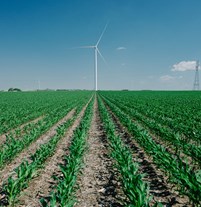 Renewable energy developers have struggled to finish projects as the pandemic disrupts construction and global supply chains.
Renewable energy developers have struggled to finish projects as the pandemic disrupts construction and global supply chains.
Ivan Penn, Energy Reporter at The New York Times
Colorado Leaders Must Innovate to Rebuild Colorado Better (Colorado Sun)
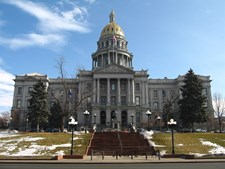 "Colorado has leading policies to promote renewable energy and reduce carbon pollution," writes Carlos E. Fernandez, Colorado state director for The Nature Conservancy, in a recent op-ed published in The Colorado Sun co-authored with Kelly Nordini of Conservation Colorado and Jon Goldin-Dubois of Western Resource Advocates. "Our delegation should now ensure that stimulus dollars complement these bold policies so Coloradans can be confident that renewable energy powers our buildings and transportation; clean air and water is available for everyone; transportation infrastructure moves people, not just cars; and parks and protected public lands and waters are accessible for all to enjoy."
"Colorado has leading policies to promote renewable energy and reduce carbon pollution," writes Carlos E. Fernandez, Colorado state director for The Nature Conservancy, in a recent op-ed published in The Colorado Sun co-authored with Kelly Nordini of Conservation Colorado and Jon Goldin-Dubois of Western Resource Advocates. "Our delegation should now ensure that stimulus dollars complement these bold policies so Coloradans can be confident that renewable energy powers our buildings and transportation; clean air and water is available for everyone; transportation infrastructure moves people, not just cars; and parks and protected public lands and waters are accessible for all to enjoy."
Carlos E. Fernandez, State Director of The Nature Conservancy, Colorado Chapter
Building America's Clean Future: Pathways to Decarbonize the Economy
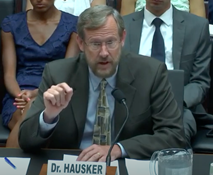 On July 24, 2019, WRI Senior Fellow Karl Hausker, Ph.D., testified in a hearing before the U.S. House of Representatives Committee on Energy & Commerce, Subcommittee on Environment and Climate Change. The hearing, titled “Building America’s Clean Future: Pathways to Decarbonize the Economy,” examined the challenges and opportunities associated with deep decarbonization of the United States economy.
On July 24, 2019, WRI Senior Fellow Karl Hausker, Ph.D., testified in a hearing before the U.S. House of Representatives Committee on Energy & Commerce, Subcommittee on Environment and Climate Change. The hearing, titled “Building America’s Clean Future: Pathways to Decarbonize the Economy,” examined the challenges and opportunities associated with deep decarbonization of the United States economy.
Karl Hausker, Senior Fellow, World Resources Institute
Special Thanks to Symposium Sponsors and Institute Chartering Partners:
Joan Burleson & James M. Mulligan
| Institute Symposium Steering Committee |
Executive Producer & Creative Strategist |
| Jim Marchiori | W. Vito Montone |
| Steve Nash | Production Management |
| Kathleen Staks | Marcie Carnes |
| Dahvi Wilson | Illustration |
| Kerri Wright Platais | Karina Branson, ConverSketch |
| Development |
Video Production |
| Ashley Alexander | Greg Koronowicz |
| Serena Bruzgo | Web Design |
| Megan Fisher | Carlos Mosqueda |
| Angeles Ortega | Marketing & Communications |
| Executive Support & Finance |
Amanda Bennett |
| Ashley Bassim | Nicole Dondelinger |
| Leana Rupprecht | Maura O'Neal |
| Kelley Southern | Meadow Nook |
| Elissa Smith |


